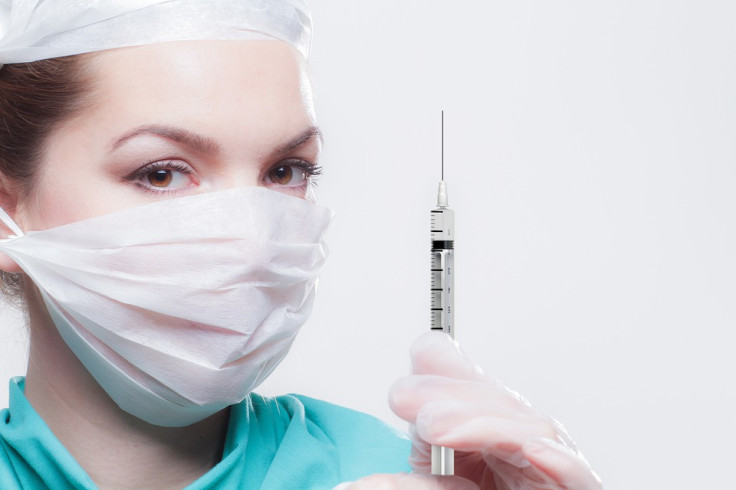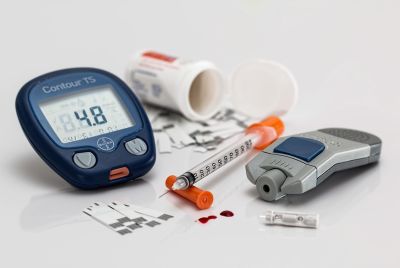Fear of needles: COVID-19 rollout issue that needs to be addressed
A medical student narrated how she would feel clammy all over, experience cold sweats, and eventually pass out due to "needle phobia."
The fear of needles may be a laughable matter for many people but for others who tend to panic or pass out at the sight of its sharp point, the fear is real. With the vaccine rollout being done on a global scale, the need to address this fear has become paramount.
A report on CNN showed the ordeal of Amanda Walker, a fourth-year medical student at the Thomas Jefferson University in Philadelphia. While she knows how important it is for one to get vaccinated, actually getting one is another story for her.
Walker admitted to having a "needle phobia." She described her ordeal whenever she would undergo routine injections. She said that she will start to get really clammy and have cold sweats. Then on some occasions, she may pass out. Walker's case is just one of the millions of cases of individuals who suffer from this "needle phobia."
A 2018 study titled, "The fear of needles: A systematic review and meta‐analysis" published in the Journal of Advanced Nursing, showed that in adolescents, an estimated 20 to 50 percent had a fear of the needle, while 20 to 30 percent of young adults also deal with the phobia. Between males and females, the latter are more prone to show more of the phobia. The said study concluded that attention must be given to interventions that would help alleviate the fear in such high-risk groups.
WHO also noted that the fear of needles also had a serious impact even before the pandemic. Because of regular vaccinations, death and disability, along with the risk of deadly diseases like diphtheria and measles, an be greatly reduced.
At present, with the coronavirus vaccines rolling out across the globe, the need to address the "fear of the needle" has become more essential. The World Health Organization (WHO) has previously stated that in order to protect the population, there must be a substantial portion of the population who should be vaccinated. For WHO, this is a safe way to achieve herd immunity. When a substantial portion of the population has already been vaccinated, it will lower the overall ability of the virus to spread. The vulnerable group who may no longer be able to get vaccinated must be protected from the disease.
© Copyright IBTimes 2025. All rights reserved.






















